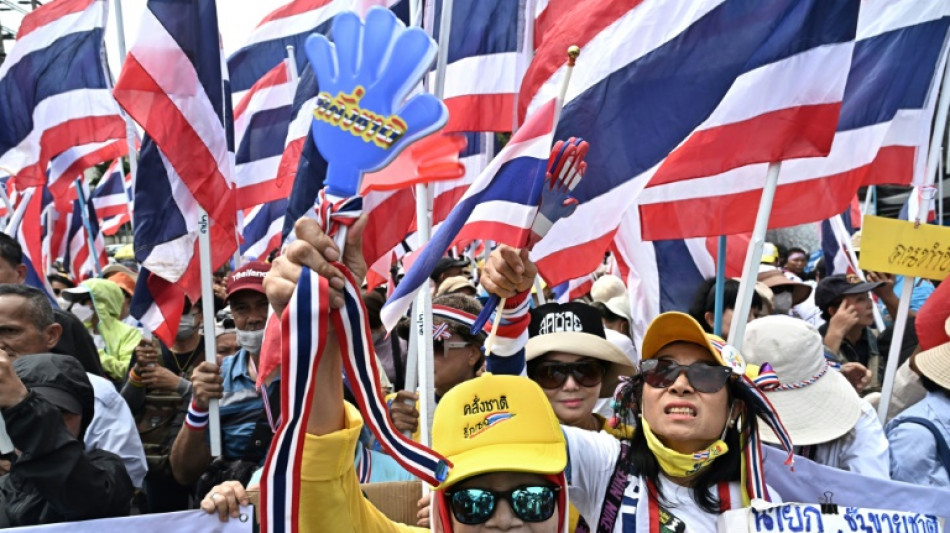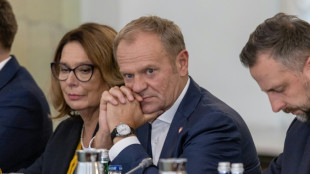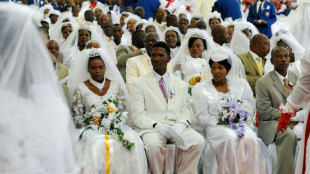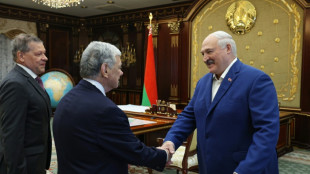

Thailand's 'Yellow Shirts' return to streets demand PM quit
Hundreds of anti-government protesters gathered outside Thailand's Government House on Thursday, demanding Prime Minister Paetongtarn Shinawatra resign over a leaked phone call with former Cambodian leader Hun Sen that triggered public outrage.
The scandal rocked Paetongtarn's coalition after the Bhumjaithai party, a key partner, pulled out on Wednesday, accusing her of undermining the country and insulting the dignity of the military.
The leaked call, in which Paetongtarn referred to the Thai army's northeastern commander as her opponent and addressed Hun Sen as "uncle" has drawn strong public backlash.
The protest, held in scorching tropical heat, drew mostly elderly demonstrators wearing yellow shirts -- the colour strongly associated with Thailand's monarchy -- who accused the 38-year-old leader of "lacking diplomatic skills" and "endangering national interests".
"I was very disappointed when I heard the (leaked) audio," Kanya Hanotee, 68, a temple worker told AFP.
"She lacks negotiation skills. Who does she think she is? This country is not hers."
Protesters waved Thai flags and placards labelling Paetongtarn a "traitor", and chanted "Get out!" and "Go to hell!" while dozens of riot police stood nearby.
Many in the crowd were longtime supporters of the conservative, pro-royalist "Yellow Shirt" movement, which has fiercely opposed the Shinawatra political dynasty since the 2000s.
Kaewta, 62, a housewife from Bangkok said she joined Yellow Shirt protests near Bangkok's Democracy Monument two decades ago.
"I didn't support any political party. All I knew was that I hated Thaksin and his family," she told AFP.
"Our politicians are all corrupt."
- 20-year battle -
The battle between the conservative pro-royal establishment and Thaksin's political movement backed by its own "Red Shirt" supporters has dominated Thai politics for more than 20 years.
Yellow Shirts, backed by Royalists and business elites, led 2008 protests that shut Bangkok's airports, stranded tourists, and helped topple a Thaksin-linked government.
In 2010, pro-Thaksin "Red Shirt" protesters rallied in Bangkok in opposition to the military-backed government, ending in a bloody crackdown that left more than 90 people dead.
"The power has been passed from her father to her aunt, and now to her," said Mek Sumet, 59, an electrical equipment seller who took part in the 2008 Don Mueang airport occupation.
"She doesn't think of the country but only of herself," he told AFP.
The kingdom has had a dozen coups since the end of absolute monarchy in 1932, and the current crisis has inevitably triggered rumours that another may be in the offing.
Despite Thailand's long history of coups, some protestors openly welcomed the idea of another military intervention.
"I want the military to take control," Kanya told AFP.
"We are thinking long-term. It will be positive for the country."
A.Camilleri--JdM



